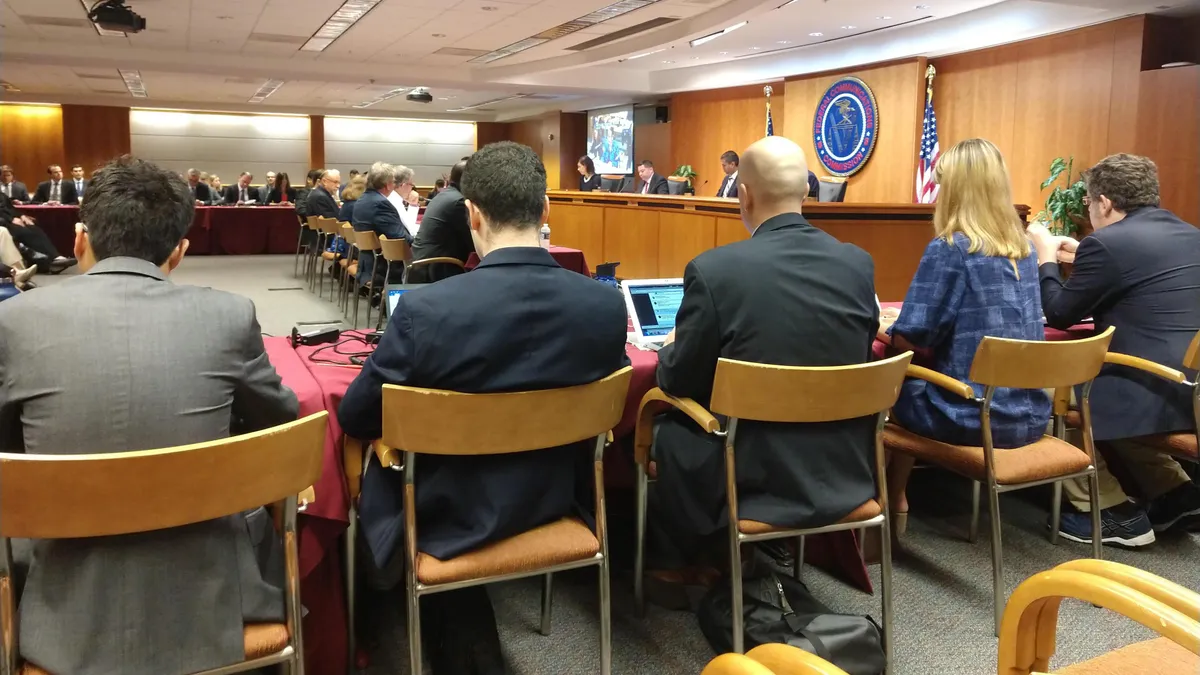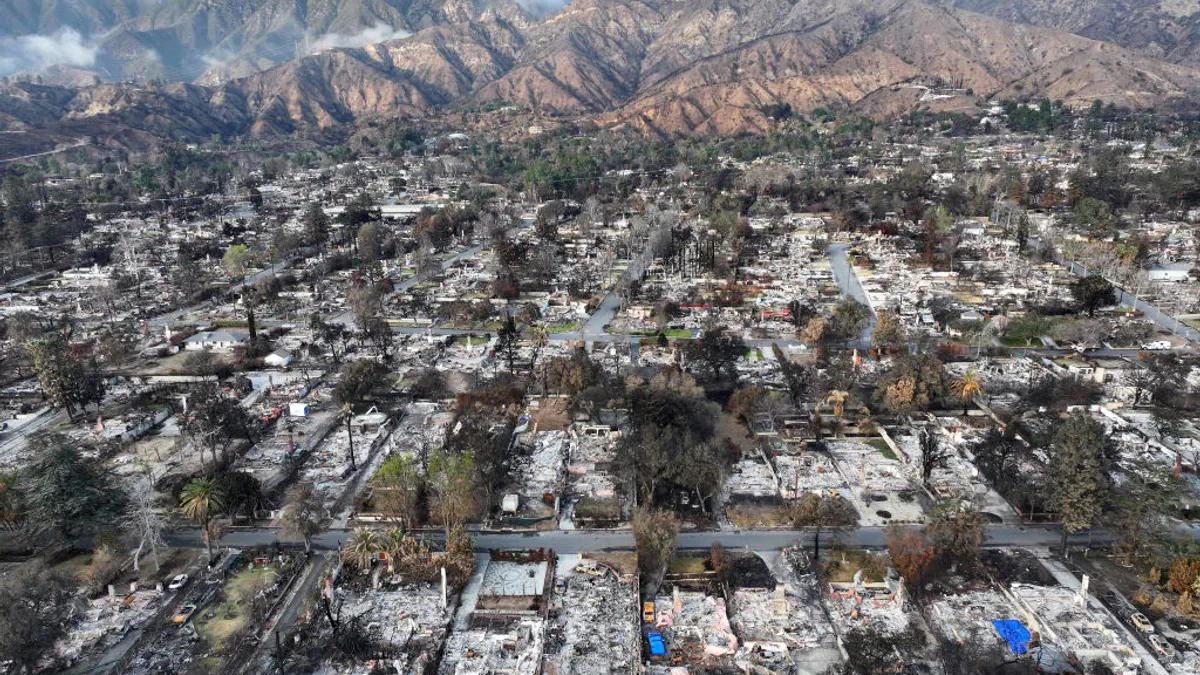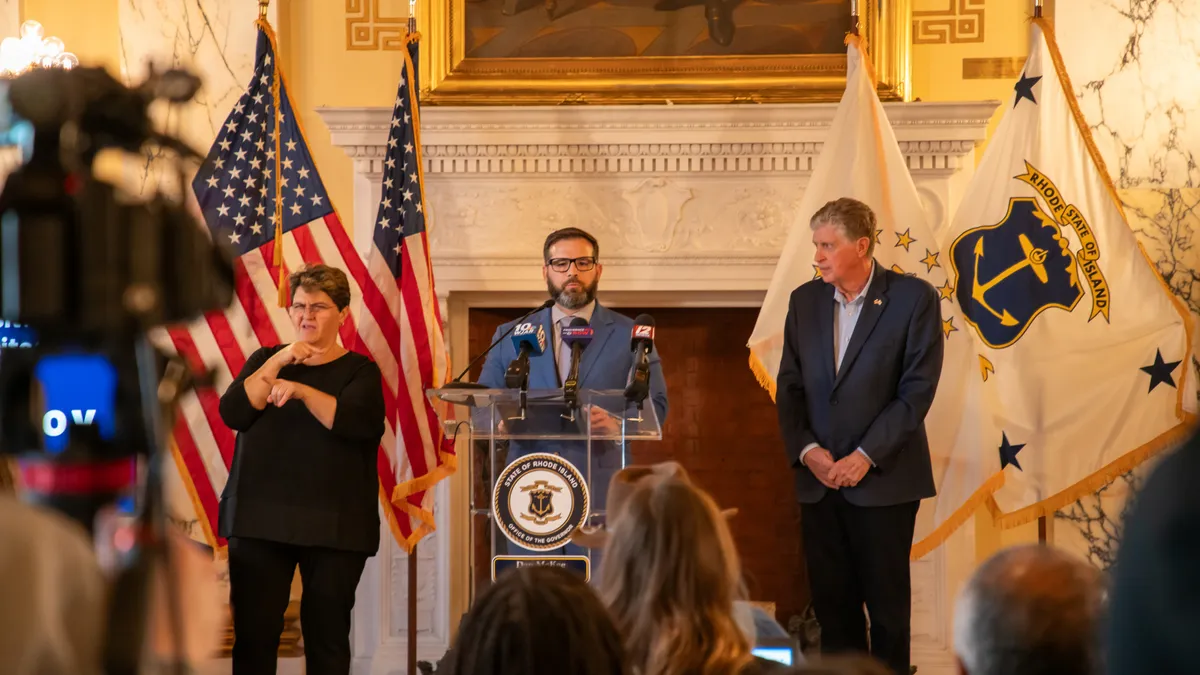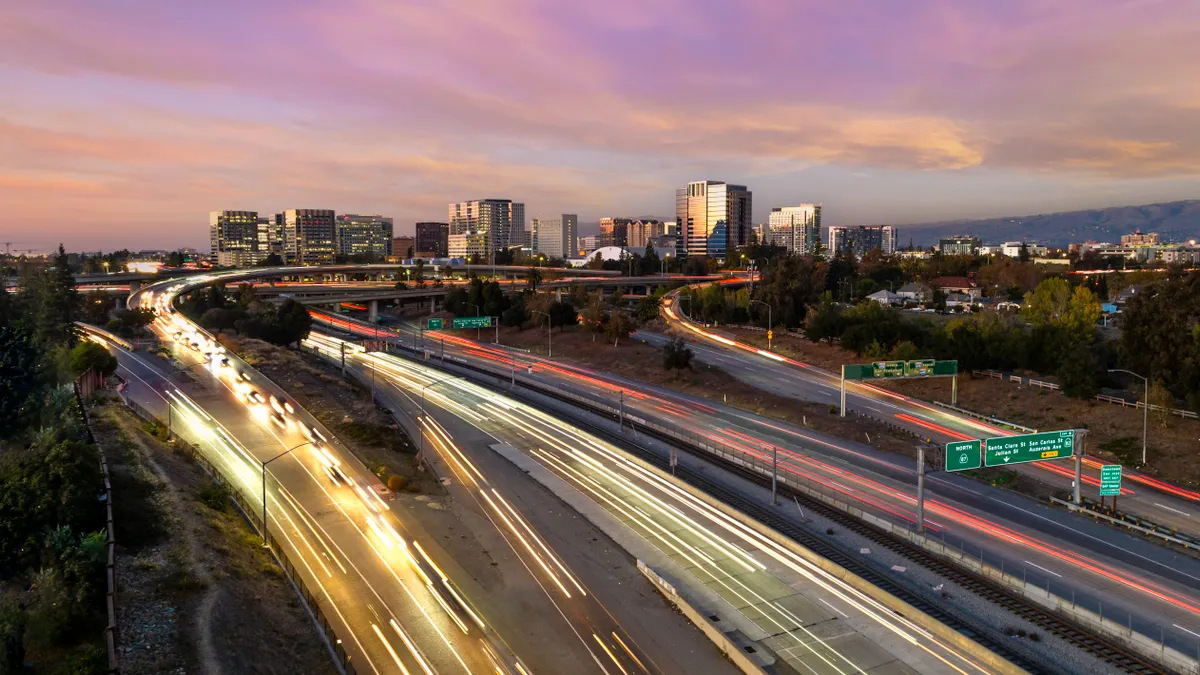Cities and other governmental organizations are warning they could sue the Federal Communications Commission (FCC) over its ruling to streamline the deployment of 5G infrastructure.
In a 3-1 decision, the FCC ruled to cap the fees cities can charge telecom companies to install infrastructure like small cells, and refines the so-called “shot clock” periods of review to prevent delays on approval. But that usurping of local government authority has some worried.
“This is extraordinary federal overreach, and I don't believe the law permits Washington to run roughshod over state and local authority like this,” FCC Commissioner Jessica Rosenworcel said. “I worry that the litigation that will follow will only slow our 5G future."
At issue is the interpretation of the Communications Act, which first established the FCC in 1934 and was last amended in 1996 as the Telecommunications Act.
The FCC’s ruling finds that it can determine when a local regulation of small cell deployment is an “effective prohibition of service,” and that it can limit governments to charging fees only that cover “objectively reasonable costs and nothing more,” due to two sections of the legislation.
Supporters say the FCC is well within its rights to do that, including the editorial board of The Wall Street Journal, which accepted that the law is being “interpreted broadly,” but notes that three separate Circuit Courts of Appeal have agreed that local fees can be prohibitive.
But opponents note the fees help cities that have digital inclusion programs designed to close the digital divide, a divide that separates its low-income neighborhoods and residents from others. San Jose, CA signed a deal with three telecom providers to install small cells on city-owned light poles in return for investment as part of its Broadband and Digital Inclusion Strategy, but the cap on fees could undermine that and also affect its local control.
In a statement posted to Twitter, San Jose Mayor Sam Liccardo, D, promised the city “will consider all of our legal and political options to ensure that the voices of local communities are heard, to achieve a more inclusive vision of our digital future.”
“The new FCC rules undermine the ability of local communities to negotiate fair, market-based broadband deployment agreements that benefit all of our residents,” Liccardo said. “While I join mayors across the United States in saying that we had hoped the Commission would have had greater regard for our residents’ needs than for the industry’s, I am not surprised by this result.”
Today, the @FCC voted to undermine the ability of local communities to negotiate fair, market-based broadband deployment agreements that benefit all our residents.
— Sam Liccardo (@sliccardo) September 26, 2018
My full statement ⬇️ pic.twitter.com/yLyYcuyEKZ
The belief that the FCC is exceeding its authority under the Telecommunications Act also caught the attention of the Utilities Technology Council (UTC), which said in a statement it is “troubled” by the new rules and the undermining of the “safeguards” of the review process. The FCC could wind up in court sooner rather than later, the UTC said.
“Unfortunately, the plan approved today by the FCC reduces many of these safeguards and overreaches in its effort to promote the deployment of 5G small cellular facilities,” UTC President and CEO Joy Ditto said in a statement. “By imposing regulatory limits on the fees governmental entities can impose for small-cell attachments to municipal infrastructure — including utility poles — the FCC is overstepping its authorities under the Communications Act, which prohibits such action.”
And from a constitutional standpoint, Rosenworcel said the FCC’s order may run afoul of the 10th Amendment, which provides for local control where the federal government is not expressly given the power to legislate on an issue.
"It comes down to this: three unelected officials on this dais are telling state and local leaders all across the country what they can and cannot do in their own backyards,” she said.
Already, the U.S. Conference of Mayors (USCM) has said it will “look to the federal courts to review and rectify this unlawful taking of local property, actions which we believe will compel local elected officials to subsidize, or 'gift,' local public property to a small, favored group of private businesses.”
“Despite efforts by local and state governments, including scores of commenters in the agency’s docket, the Commission has embarked on an unprecedented federal intrusion into local (and state) government property rights that will have substantial and continuing adverse impacts on cities and their taxpayers, including reduced funding for essential local government services, and needlessly introduce increased risk of right-of-way and other public safety hazards,” USCM CEO and executive director Tom Cochran said in a statement.
Rosenworcel is also worried about litigation, and says that unelected FCC commissioners should not be telling cities and states what to do "in their own backyard"
— Chris Teale (@chris_teale) September 26, 2018
Similarly, the National League of Cities (NLC) and National Association of Counties (NAC) issued a joint statement saying they plan “to support local efforts to mitigate its impacts,” although the statement stopped short of promising litigation. It noted that 100 local governments from 22 states filed comments opposing the plan during the FCC’s comment period.
“Local governments share the FCC’s urgency; however, this ruling promises to force local governments to rubber-stamp small cell applications or face crippling legal recourse from providers racing to corner the 5G communications market,” the two organizations wrote.
During the commission’s deliberations, FCC Commissioner Brendan Carr, who proposed the plan and spent over a year traveling the country discussing it, said he is not concerned about the threat of legal action given its vote. He also pointed to strong support for the plan from local and state government officials.
“This is a balanced approach that will help speed the deployment of 5G,” he said. “Right now, there is a cottage industry of consultants spurring lawsuits and disputes in courtrooms and city halls around the country over the scope of Sections 253 and 332. With this decision, we provide clear and updated guidance, which will eliminate the uncertainty inspiring much of that litigation.”
That view was similar to one expressed by Jordan Crenshaw, assistant policy counsel of the Chamber Technology Engagement Center at the U.S. Chamber of Commerce. During an event on 5G hosted by media company Politico, Crenshaw said he was “not too concerned” about the threat of litigation, as such actions happen all the time after actions the FCC takes.
During that same discussion, Gerard Lederer, a partner at the Best Best & Krieger LLP law firm, said that legal action is already in the works, and that the FCC may regret not partnering more with state and local governments.
“I think there’s going to be a hiccup where instead of partnering, we are going to be litigating,” Lederer said.




















